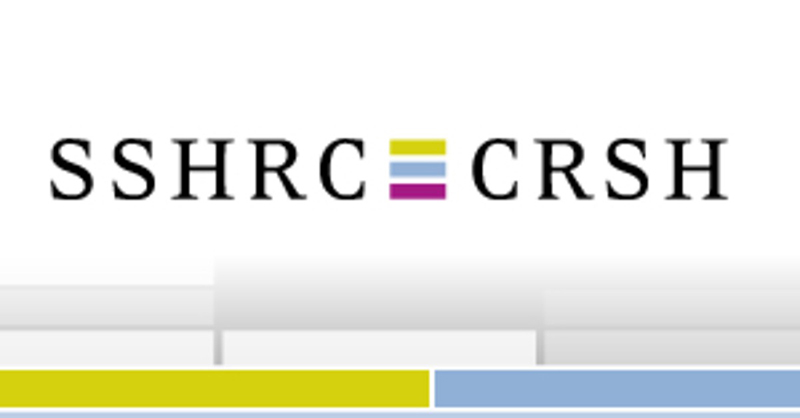
It's no secret that the fossil fuel industry is a key economic driver of the Alberta economy. But what's less well known is how that central role in the province's economy translates into political and social influence for the companies and individuals involved.
Answering the question of who is behind the wheel of fossil fuel extraction and what influence they wield will be the focus of a new six-year research project being led by Parkland Institute, a non-partisan public policy research centre housed in the University of Alberta's Faculty of Arts, and its partner groups in British Columbia and Saskatchewan.
The project, "Mapping the Power of the Carbon-Extractive Corporate Resource Sector," has been awarded $2.5 million in partnership grant funding from the Social Sciences and Humanities Research Council (SSHRC), a federal government agency that promotes and supports post-secondary research and training in the humanities and social sciences.
An additional $2 million in matching contributions has been committed from participating universities and community partners in the three provinces.
"Albertans are all too familiar with the influence that the fossil fuel industry exerts over the political process in Alberta and beyond," explains Parkland Institute director Trevor Harrison. "But what has been missing is a comprehensive understanding of which individuals and corporations are applying this political influence, and how. This project will fill that gap."
The partnership, jointly led by Parkland Institute, the University of Victoria, and the BC and Saskatchewan offices of the Canadian Centre for Policy Alternatives (CCPA), includes a team of 28 academic researchers from 12 universities, and a diverse mix of partners and advisors from environmental, Aboriginal, labour and social justice communities. Most team members hail from Western Canada, but the partnership will also build connections with researchers and organizations across Canada and in other parts of the world.
Over the next six years, researchers will undertake a systemic mapping of how the sector is organized, including which companies are involved, who runs them, how they are owned and how they connect to broader international corporate networks. The project will also analyze the sector's influence on public debates and policy making, and the connections between the corporations involved and governments, political parties, lobby groups, and private foundations. This information will form the backbone of an open source, publicly-accessible database to provide decision-makers and civil society organizations with information about the sector and its activities.
"How - and indeed, if - Alberta's carbon resources will be developed is one of the most crucial policy decisions this province faces over the next decade," Harrison says. "The transparency this project will provide about who is involved in shaping these choices will be critical to ensure that the decision is made in the public sphere, not in corporate boardrooms."
This is the second time the Parkland Institute has been the recipient of a major SSHRC grant, having received a $1.4 million grant in 2000 to study the impacts of globalism.